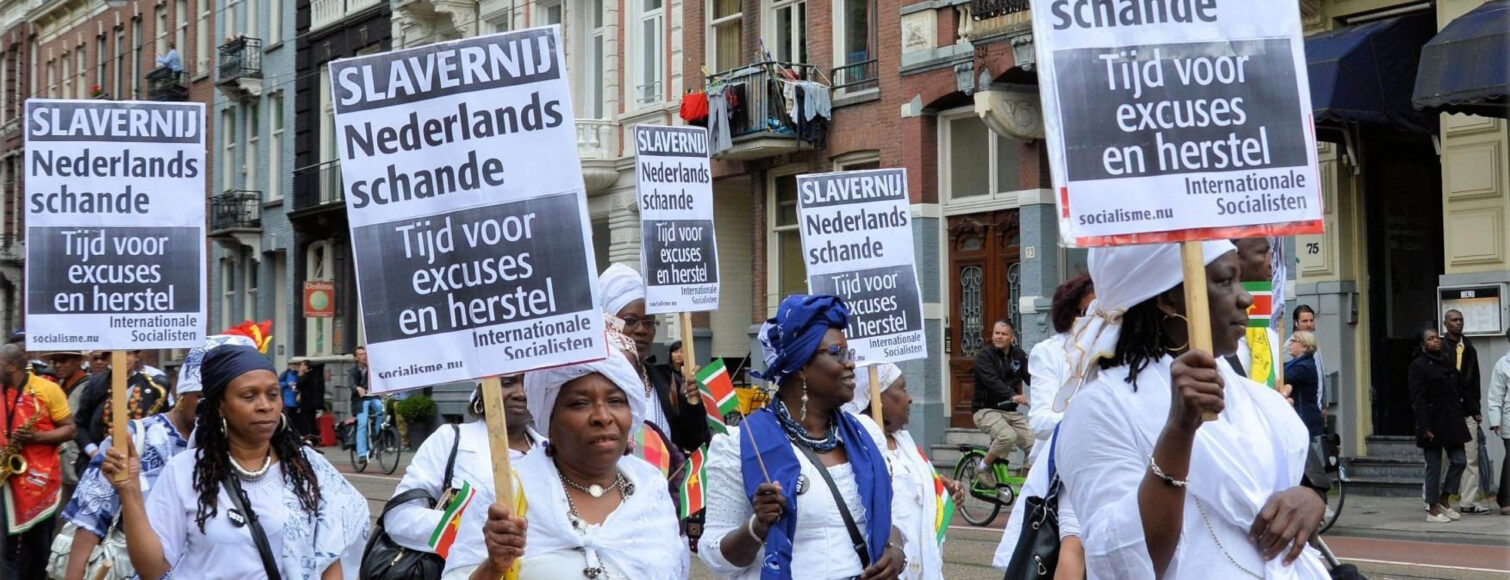For the last four years, SG has helped organize events on campus to mark, celebrate, and learn about Keti Koti. Keti Koti, on July 1st, commemorates the end of slavery in Dutch Suriname in 1873. With the 150th anniversary in 2023, and a formal apology from the king, a lot of attention was paid to our colonial history, with a promise to continue working on healing the wounds and improving the lives of descendants of enslaved people in the Netherlands and abroad.
Lots of promises were made. But there is no Keti Koti event on campus this year. Why not?
The sad truth is that we lost a great partner and the driving force behind these events. The Surinamese students’ association SUBEST Delft had to close shop in 2024. The search for new board members proved to be too big of a challenge.
So why is there no more association for Surinamese students in Delft? The number of Surinamese students coming into the country keeps increasing. And, post pandemic, the problem of finding new board members is common to many if not all student associations. But SUBEST faced extra challenges that you will be surprised and perhaps even shocked to learn about.
Here are a few of these challenges.
Despite the strong ties with the Netherlands, and a common language, Surinamese students still need to arrange for a passport, visa, residence permit, health insurance, bank, etc. They face a ton of bureaucratic admin. They face high housing fees and living costs, all to be paid in Euros against a weak Surinamese dollar. That said, they do pay the same amount of tuition as the Dutch students. But that’s where the similarities end. Because unlike Dutch students, Surinamese students must provide proof of a minimum amount of personal financing per year; you need to be able to indicate that you have enough money upfront to support yourself and your studies. In other words, you or your parents must be rich if you want to be allowed to study here.
Supplementing their personal finances with a job in the Netherlands is an obstacle, as Surinamese students (like all non-EU students) are only allowed to work a limited number of hours in the Netherlands (16 hours per week). Of course they could work more, but they won’t get paid more. Surinamese students have no access to student financing and limited access to scholarships. They will face major culture shock, and often psychological difficulties as a result. After a study in the Netherlands, there are limited options for (continued) study or for jobs in Suriname. Jobs that are sorely needed after a very expensive time in the Netherlands.
All in all, these hurdles make it not only difficult for Surinamese students to come to Delft, but to find the time and energy to join and support an association like SUBEST. Life is simply too busy and there are too many demands. Under these circumstances, how can we expect Surinamese students to support each other?
The last board was comprised of students who kept putting their heart and soul into it for multiple years. Not for the usual Delft board year, but for years, plural. And Keti Koti was a moment where they could open their doors to the wider TU Delft community. In the words of Prijanti Moensi, former President of SUBEST Delft:
“For me, Keti Koti on campus was more than just remembering history. It was about sharing our culture, our stories, and our food. We cooked heri heri, a traditional Surinamese dish made with cassava, sweet potato, plantain, salted fish and an egg. Seeing everyone enjoy it made it feel like home again, even if just for a moment. I really miss that feeling this year.”
None of this is to say that life for non-Surinamese students is always easier. But if we want this university and this society to be open, equitable, and inclusive, these obstacles should give us pause. How does the end of SUBEST Delft reflect on our university and our country? Hopefully, there will be better circumstances in the future, so that Surinamese students in Delft can keep working on important cultural and social events.
Other Keti Koti events:
Okay, so there’s no Keti Koti event on campus this year. But if you’re looking to visit other Keti Koti events in the Delft area, there’s one co-organized with the Gemeente at the Theater de Veste on Monday, June 30th (in Dutch). Or you can take a look at some of the recordings we made of previous SG events (2022, 2023).
And if you want to look ahead at an event on campus, mark the 25th of November in your calendars, because we’re working on plans to observe 50 years of Surinamese independence with a historical look at the role of engineers in Suriname.
- Klaas P van der Tempel, program maker at Studium Generale TU Delft

